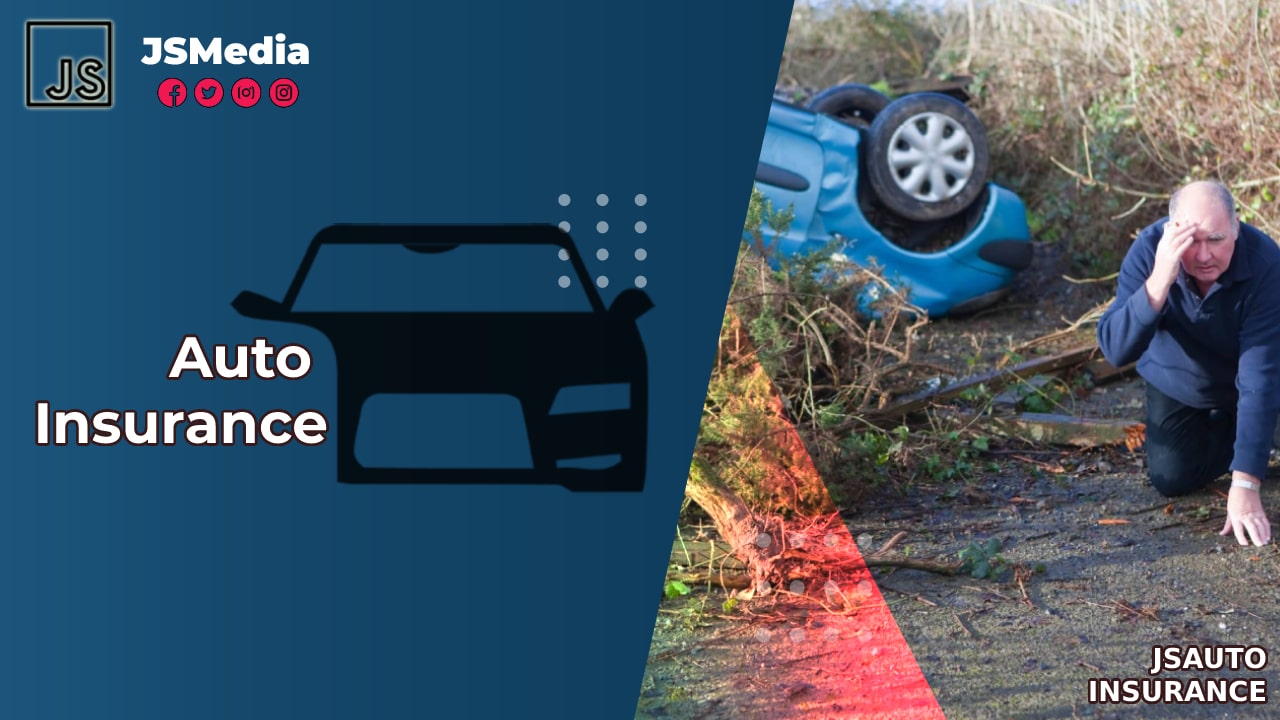Liability coverages protects you from third-party claims. Under this coverage, your insurance company will pay for the medical bills, lost wages, and property damage of the other driver in the event you cause an accident. In addition, liability coverage provides legal defense in the event that you are sued for these damages. Fortunately, the law requires auto insurance companies to provide this type of protection. However, the right amount of liability coverage is important, and it depends on your personal situation.
Physical damage coverage and liability coverage are two important types of auto insurance for rental cars. If your rental car gets damaged, you’ll need this coverage to cover the repair costs, or even the value of the totaled vehicle. This type of coverage is optional for most people, and most people assume that it comes with their policy. In fact, you should check with your provider to find out if your rental agreement includes this type of service.
Important Coverages For Auto Insurance For Rental Cars
Liability coverage is necessary for drivers who wish to increase their coverage limits. In the event that you hit another car or a stationary object, the other driver’s insurance will cover their expenses. If you do not have enough liability coverage, the courts can seize your assets or garnish your wages. Having the highest liability coverage is your best defense. You can choose between a minimum amount of liability coverage or a comprehensive limit based on your needs.
There are several other types of coverages that you can buy for your car. Roadside assistance provides coverage for towing in case of an accident. Umbrella insurance provides extra liability coverage. This is especially helpful if you’re involved in a lawsuit after an accident. Renter’s insurance covers your car if you are stranded in an accident. Original equipment cover ensures that you use manufacturer-approved parts in the event of an accident.
Liability coverage is a necessity for all drivers. This type of insurance is required to legally operate a vehicle. While the minimum coverage you need to buy is sufficient for your needs, you should also consider other types of insurance coverages that protect you. For instance, uninsured motorist insurance is a mandatory coverage in many states. When deciding on the type of auto insurance that you want, make sure it covers the things that are important to you.
Comprehensive and collision coverages are important to have for your car. If you are involved in an accident, this type of coverage will pay for your medical bills. It will also cover repairs if the accident is your fault. This type of coverage is important for your car insurance, because it can help you recover from a financial crisis. If you are involved in a collision, it can be difficult to know what to do in the aftermath.
Collision coverage is essential for those who finance or lease their vehicle. This will cover damages to your car, including medical bills and other expenses. You can also purchase personal injury protection (PIP) and collision insurance. The cost of this type of coverage depends on the state you live in and the type of vehicle you drive. This is a mandatory policy in some states, and a low-deductible option may be a better choice for you.
There are various types of car insurance. The most common are liability, comprehensive, and medical payments. These are mandatory in most states. For example, liability covers any damages caused to other people in a car accident, including injuries sustained by the other driver. While comprehensive is optional, you need to have enough coverage for your needs. It is worth it to have a comprehensive policy if you plan to drive for a long time.
You should always carry liability insurance in your car. This covers the damages caused to others by an accident. It also protects you in the event of a lawsuit. It is recommended that you carry this type of coverage in your state. You can compare quotes online and compare them for the best deal. These policies are offered by different companies and will vary by state. While your state requires liability insurance, the minimum limit is the same. This type of insurance is essential to protect you in case of an accident.

